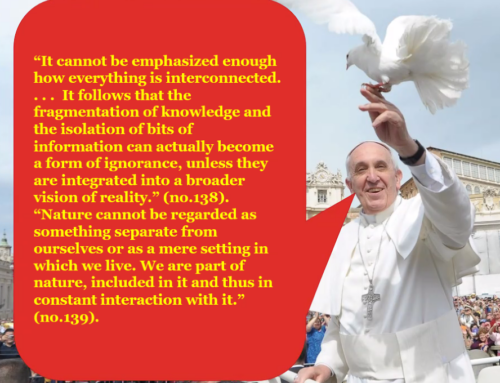Part 1: Qualities and wholeness
Abstract
While integrative practices in health care have grown over the past half-century, life sciences still view nature almost entirely through a reductionist lens. Contemporary research is described that complements this reductionist, non-holistic perspective with the methods of Goethean science. A rigorous approach to qualitative science and to wholeness in nature is outlined.
Introduction
The physico-chemical mode of studying the animal or plant has, indeed, everything to recommend it, so long as its limitations are never forgotten.
– Agnes Arber1
Medicine’s scope has broadened over the past 50 years, challenging one-sided materialism and reductionism. Use of traditional medicinal herbs is substantial, growing, and global.2, 3, 4 Birth and death are increasingly acknowledged by modern medicine as transcendent events calling for care for body, soul and spirit.5,6 Meditation in the form of mindfulness practice is widely researched and included in medical training.7, 8, 9, 10, 11
Yet while health practices are evolving, the way in which scientists view the world remains almost entirely restricted to nature as molecular matter. This strongly shapes research and determines funding. The focus of research on medicinal plants, for example, is overwhelmingly on isolated compounds, their biochemistry and molecular genetics. While such findings are tremendously useful and important, we can only see through a viewfinder, the region at which we aim it. If we are to provide a solid scientific basis for a broadened integrative medicine and a balanced understanding of nature altogether, we must expand where and how we look.12
Most of us can little imagine what an expanded biological science might actually look like. The question hangs in the air: by what scientific, but not narrowly material, ways of thinking and researching might we better apprehend aspects of nature that are resistant to the overly reductionist strategies of orthodox science?
A significant body of work pioneering this task has emerged in recent decades from Goethean science. This article offers an overview of that work. First it examines how qualities can inform us about plants and animals in ways invisible to the quantitative eye. Second, it explores wholeness, a concept inaccessible to reductionism.
What is Goethean science?
Johann Wolfgang von Goethe (1749–1832) was, typically for the scientific seeker of his day, a gentleman with a home-based laboratory and time to study nature. Although he well understood the achievement of Isaac Newton (1642–1727),13, 14, 15 Goethe had a deep affinity for nature’s character and an approach that conflicted in style and method with the advances in science of his period, which he critiqued as one-sidedly analytic.16
Goethe’s scientific writing was understood by few, and then largely forgotten, while reductionist science and technology grew in extraordinary ways.17,18 But 90 years later, the significance of his scientific work was recognized and explained as an epistemologically valid and important methodology for understanding life, by the young scientist and philosopher Rudolf Steiner (1861–1925).19, 20, 21, 22 Steiner recognized that Goethe was attempting something quite new to science and potentially very important: knowing the natural world without necessarily bringing to bear a way of thinking derived from physics, mechanics and chemistry. Rather, Goethe was knowing the living world in a living way.23,24
Goethe and Steiner have not been alone in viewing reductionist and quantitative science as a one-sided, and therefore incomplete, understanding of life. Twentieth-century scientists E.S. Russell25 Kurt Goldstein,26 Rupert Sheldrake, Brian Goodwin, Agnes Arber, Rachel Carson27 and others, have advanced holistic views. In recent decades, a more contextual, flexible and multi-level holistic concept of the organism has been emerging from within mainstream cancer cell biology,28 and from the fields of evolutionary development (“evo-devo”), embryology, and systems biology.29 One group of researchers is less well-known: those inspired by Steiner’s explication of Goethe’s unique perspective.

